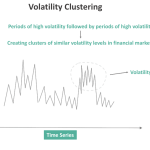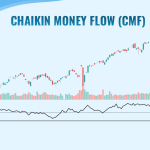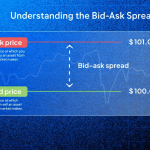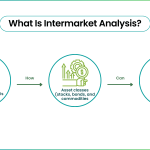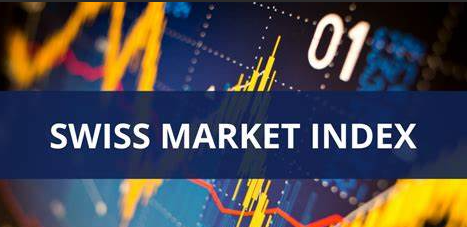
The Swiss Market Index (SMI) is the primary stock market index in Switzerland, representing the performance of the 20 largest and most liquid Swiss companies listed on the SIX Swiss Exchange. Established in 1988, the SMI serves as a vital benchmark for investors and analysts looking to understand the Swiss equity market and its economic conditions.
What Is the Swiss Market Index?
The SMI is a price-weighted index, meaning that the stock prices of its constituent companies determine its value, with larger companies having a more significant impact on the index’s performance. The index includes well-known Swiss corporations across various sectors, such as finance, pharmaceuticals, and consumer goods. Prominent companies in the SMI include Nestlé, Novartis, and UBS, making it an essential indicator of Switzerland’s economic health.
Why Is the Swiss Market Index Important?
The Swiss Market Index holds significance for several reasons:
- Market Benchmark: The SMI serves as the primary benchmark for the Swiss equity market. Investors and fund managers often use it to measure the performance of their portfolios, allowing them to assess how well they are performing relative to the broader market.
- Economic Indicator: As the SMI reflects the performance of the largest Swiss companies, it acts as a barometer for the overall health of the Swiss economy. Movements in the index can provide insights into investor sentiment, economic stability, and growth prospects within the country.
- Global Relevance: Many companies in the SMI are multinational firms with operations worldwide. Therefore, the index is not only significant for Swiss investors but also for international investors seeking exposure to the Swiss economy and its robust financial markets.
Why Should You Use the Swiss Market Index?
Investors and analysts utilize the Swiss Market Index for several purposes:
- Investment Decisions: The SMI provides a clear view of the top-performing companies in Switzerland, helping investors identify potential investment opportunities within the market.
- Portfolio Diversification: Investing in Exchange Traded Funds (ETFs) or mutual funds that track the SMI allows investors to gain diversified exposure to leading Swiss equities, which can help mitigate risks associated with investing in individual stocks.
- Performance Measurement: The SMI serves as a benchmark for evaluating the performance of investment portfolios focused on Swiss equities. By comparing portfolio returns against the SMI, investors can gauge the effectiveness of their investment strategies.
Should You Invest in the Swiss Market Index?
Investing in the Swiss Market Index can be an appealing option for both individual and institutional investors. Many ETFs and mutual funds are designed to track the SMI, providing an accessible way to invest in the top Swiss companies.
However, potential investors should consider several factors before committing:
- Market Volatility: Like all stock markets, the SMI can experience fluctuations due to economic conditions, political developments, and global events. Understanding your risk tolerance is essential before investing.
- Investment Goals: If your investment strategy aligns with a long-term growth outlook for the Swiss economy, the SMI may be a suitable investment choice.
- Sector Exposure: The SMI includes significant representation from various sectors, especially healthcare and finance. Investors should assess their preferences and ensure adequate diversification within their portfolios.
In summary, the Swiss Market Index is a vital tool for understanding the performance of large-cap stocks in Switzerland. It serves as an important benchmark for investors and provides insights into the economic health of the country. While it presents attractive investment opportunities, potential investors should carefully consider their financial goals and market conditions before making investment decisions.


